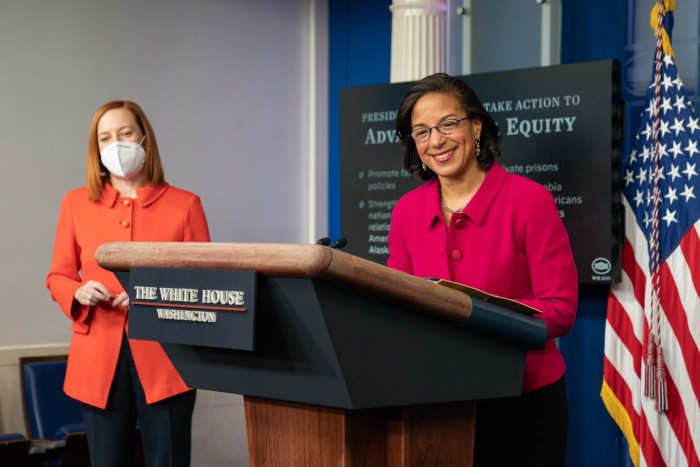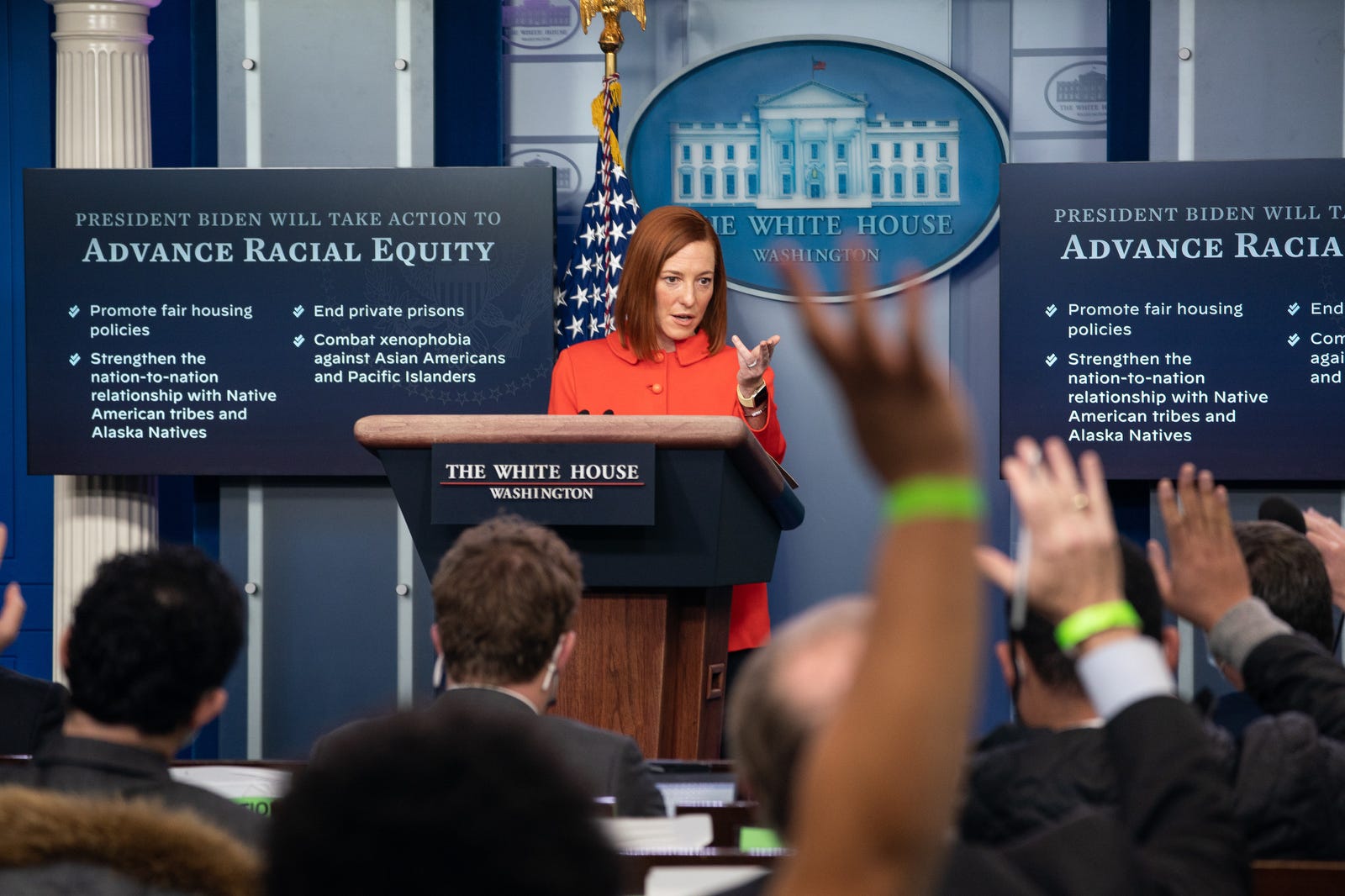To help advance racial equity, President Biden’s Administration has committed to meaningful criminal justice reform.

The first 100 days of a new president’s administration is typically a time of great accomplishment and excitement.
Incoming staff members, newly-named cabinet members, and recently-confirmed appointees work together to create as much positive change as possible. By riding the crest of momentum leftover from the final, frenetic days of the campaign, and harnessing everyone’s jubilation at having won, recently elected political leaders and their teams traditionally make a good deal of progress within the first 100 days.
The Biden Administration has proved no exception. President Biden, and his team, have been working overtime to set a new record for meaningful change achieved during those critical first 100 days of office.
One of the first things the Biden Administration moved to address is the critical crisis of discrimination and racism in America.

The sad events of this Summer showed in stark relief the magnitude of the crisis and the urgency with which it needs to be addressed by the U.S. government. After the killing of George Floyd in Minneapolis in late May of 2020 by four police officers, the country erupted in a civil rights conflagration unlike anything seen since the Civil Rights Era.
The Biden Administration has called its plan “Advancing Racial Equity”.
Among the strategies unveiled by the White House on January 26, 2021, was a single, three-word sentence which didn’t receive near the attention it deserved in the news cycle:
“End private prisons.”
This acknowledgment by the Biden Administration that the horrifying episodes of police brutality we’re periodically forced to witness- law enforcement officers in the U.S. kill about 1,000 people per year, every year- are but one part of a much larger and more far-reaching problem, is a sobering reminder. But it is necessary.
The U.S. criminal justice system, and the systemic racism built into it over the generations, has resulted in a crisis of incarceration in America. The U.S. imprisons more of its citizens than any other modern nation on earth, a sure sign that something is seriously wrong with our criminal justice system.
It is an injustice that impacts African-American men at a disproportionate rate- and the African-American communities, and families, who are burdened as a result.
Whatever the motives of the officers involved in the death of George Floyd, they are cogs in a larger machine driven by perverse incentives and bad laws.
The private, for-profit prison system is driving the mass levels of incarceration. This is a terrible idea in a free market because this is not a free-market idea. It creates a perverse incentive to incarcerate more people.
Black communities have to deal with the results of that incentive every day, as able-bodied young men are arrested and rearrested on nonviolent drug offenses, only to serve as a plentiful supply of free labor. Big companies who use prison labor from private prisons get wealthier. Meanwhile, the communities and families into which incarcerated people might have otherwise invested resources are without those resources.
Processing grief is something everyone does a little differently. For protestors in Minnesota, grief over the death of George Floyd and so many others like him, was expressed, sometimes violently, in a reaction primarily against property. Retailers like Target, featured prominently in early videos of protestors rioting and looting, have closed stores in response.
What retailers like Target should do in response to this crisis is to end all contracts with retail entities that use prison labor, one deeply ugly issue at the heart of criminal justice reform efforts.
The U.S. didn’t end the practice of slavery; since long before NAFTA worsened the problem, we have been outsourcing our forced labor to other countries. We have also exported the practice to the U.S. prison system, where prison labor is now a billion-dollar industry. This cottage industry, a growth industry, has been called the “best kept secret in business.”
All kinds of companies you deal with all the time profit from forced labor, at home and around the world. Companies like Target, Proctor & Gamble and Whole Foods are just a few of the companies who have been caught using prison labor.
That the Biden Administration has committed, openly and unequivocally, so early to taking the positive step of ending private prisons is giving criminal justice reform advocates good reason for hope.
(contributing writer, Brooke Bell)